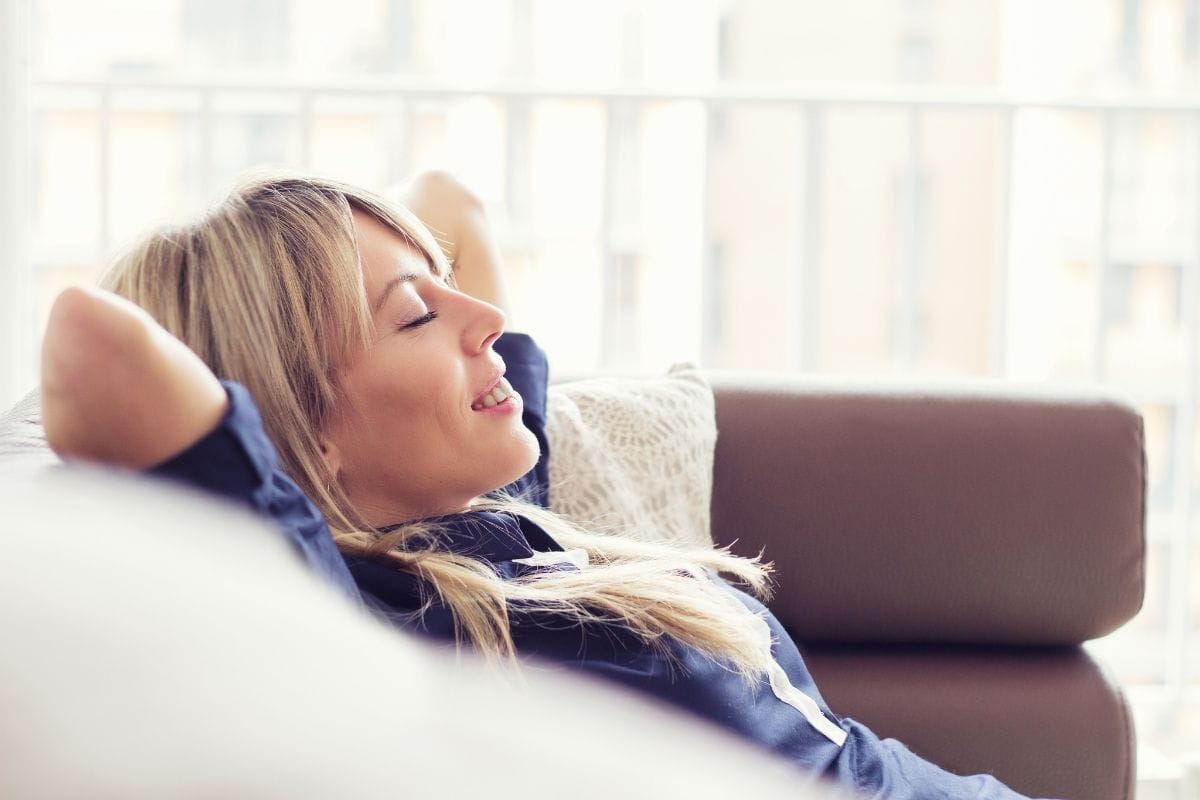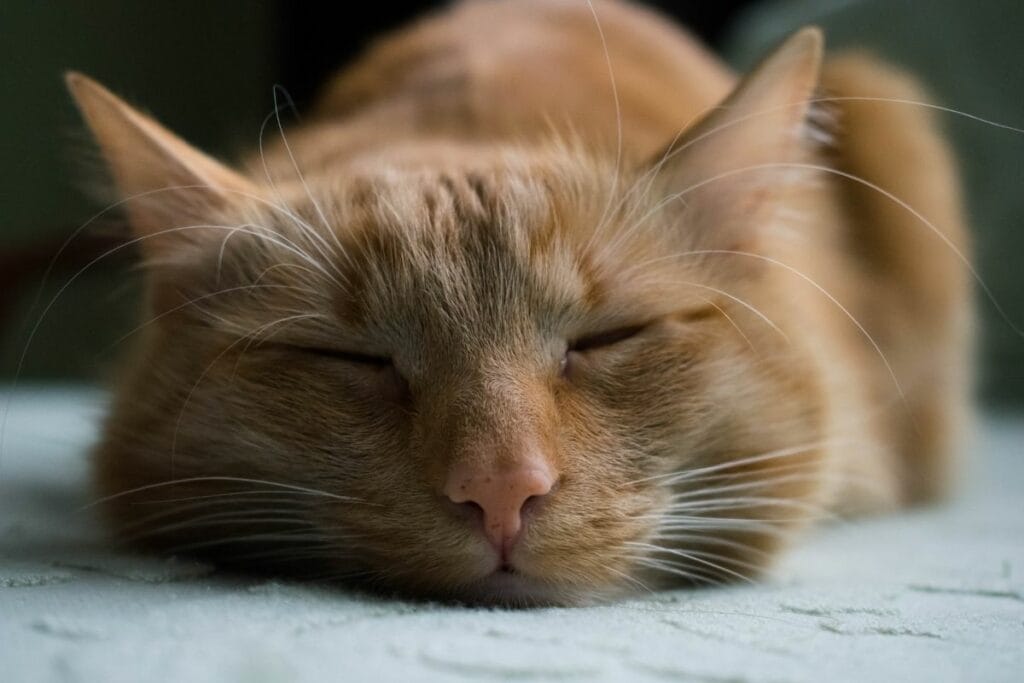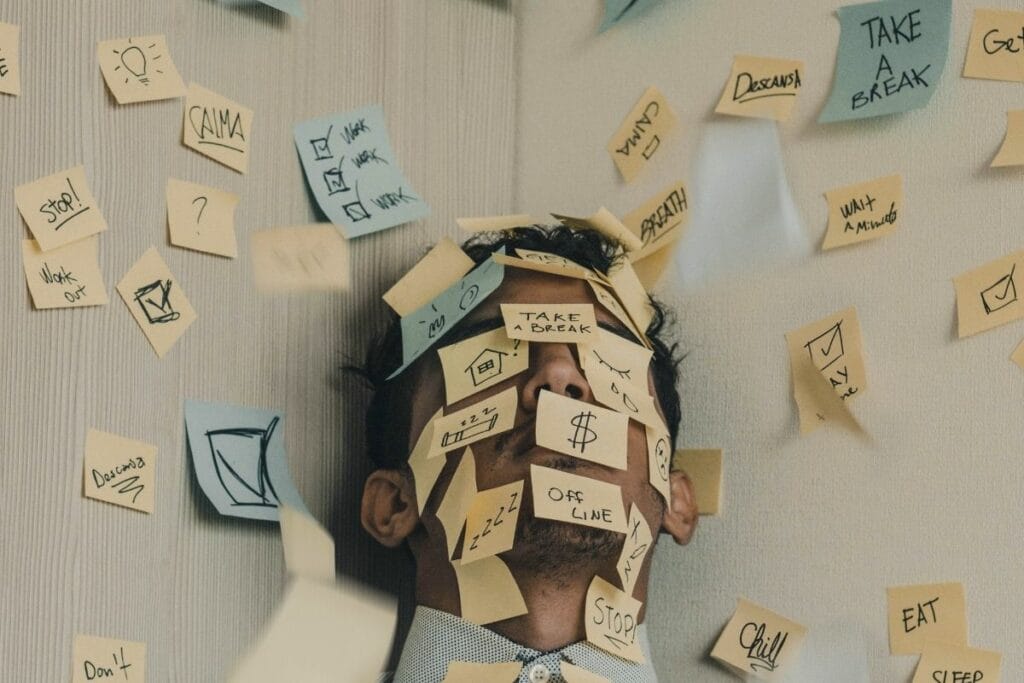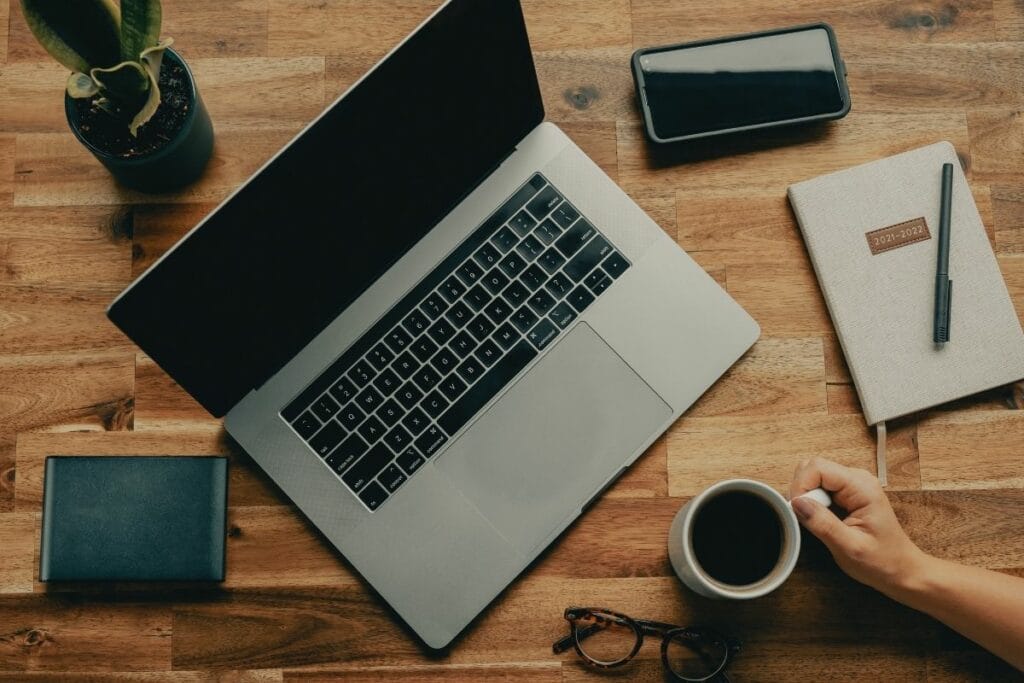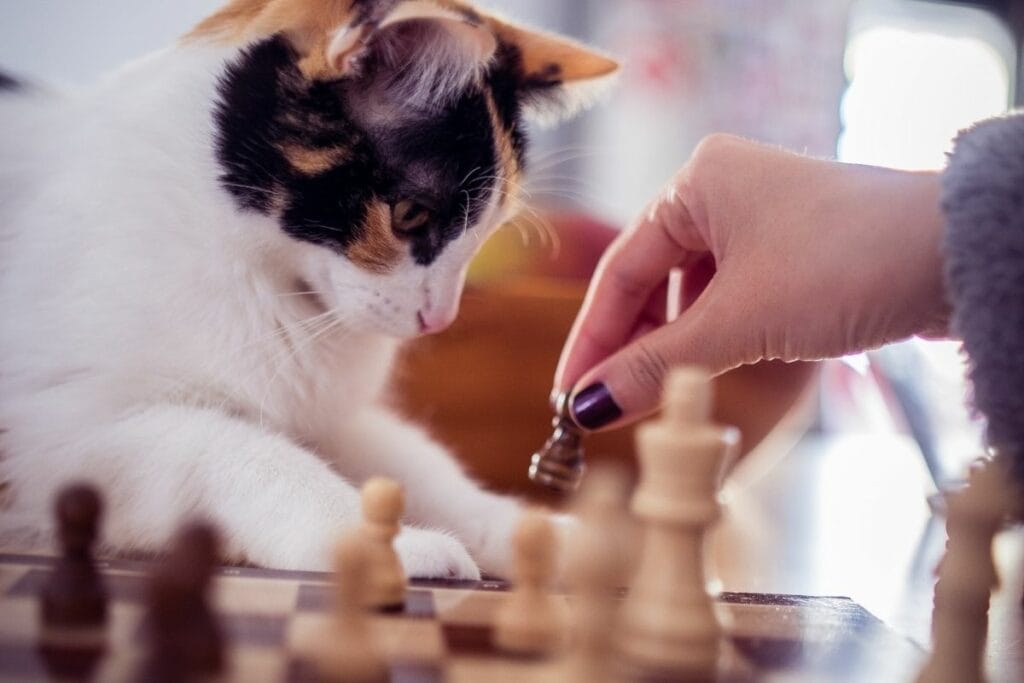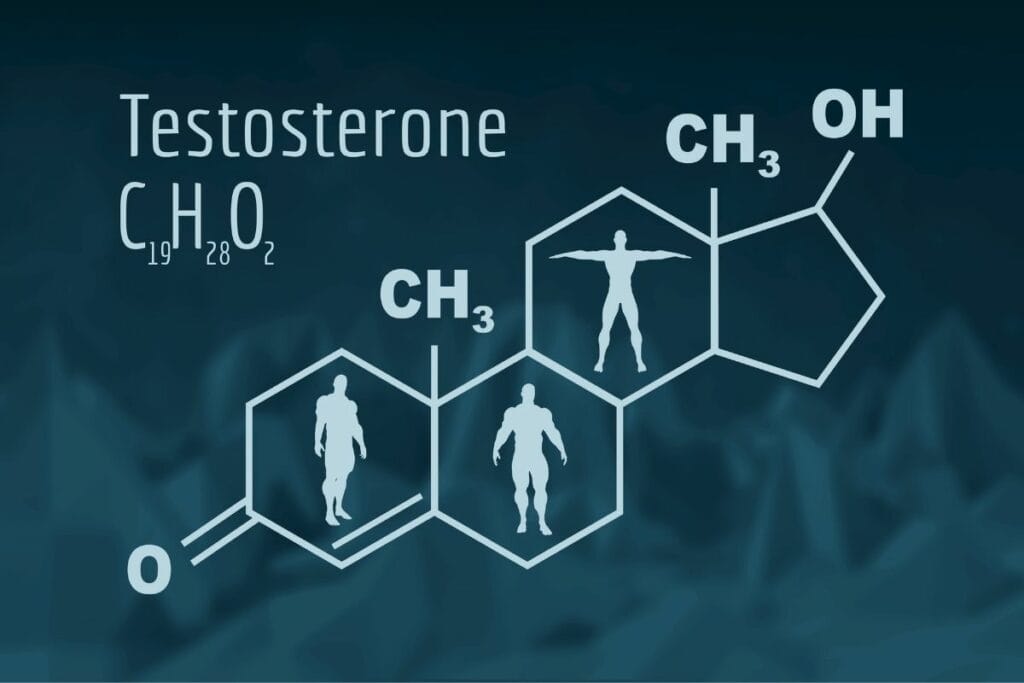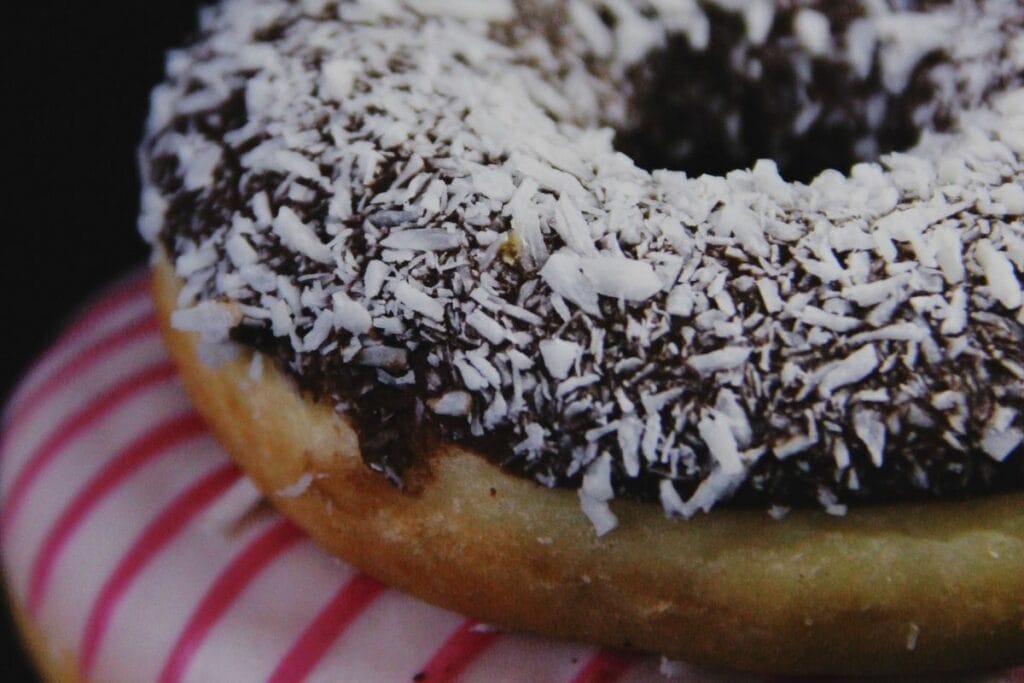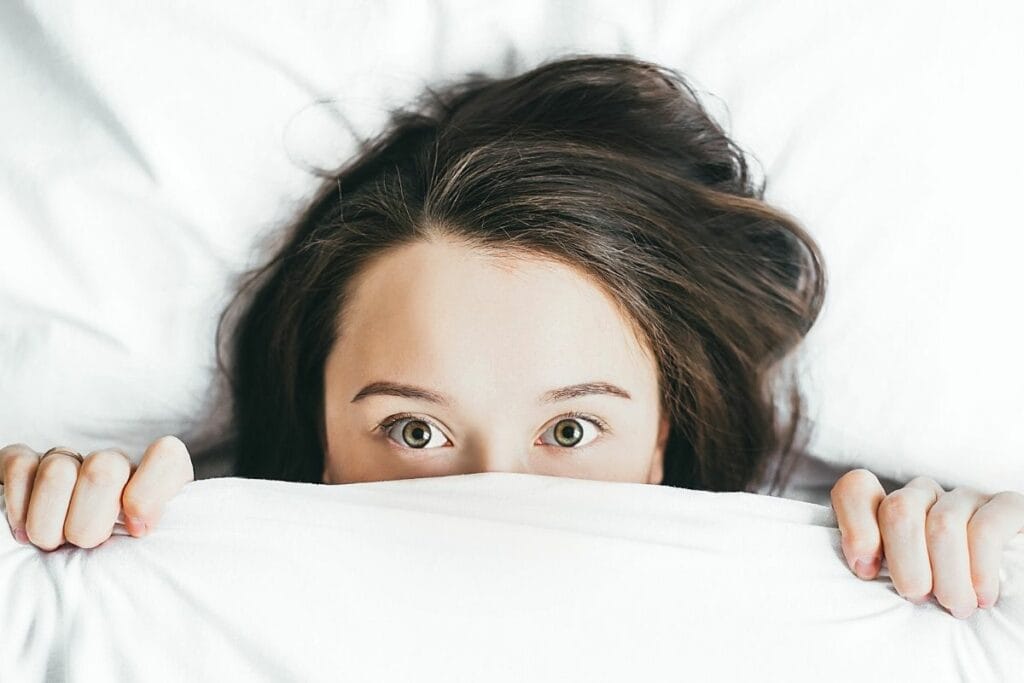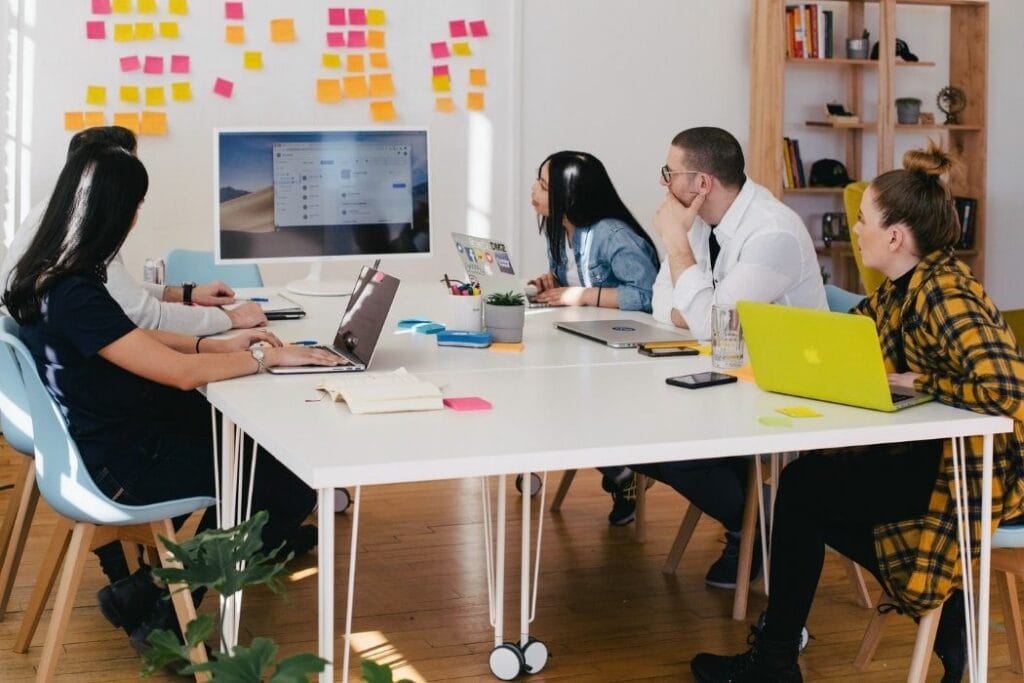Sleep is essential for the proper course of all mental and physiological processes. Long-term lack of sleep causes susceptibility to diseases, memory problems, apathy, concentration problems, irritability and emotional instability. The fast pace of life means that less and less time is devoted to sleep. So how can you fall asleep in minutes, no matter what?
Abstract:
- Average time to fall asleep is 10-20 minutes. If sleep comes after a long time, it is worth using the developed ways to fight with insomnia.
- There are a variety of techniques to help you fall asleep quickly. It is worth selecting the most optimal techniques for you and introducing them to your daily evening routine.
- To optimize your sleep effectively, try home remedies such as drinking cocoa before you go to bed. SUPERSONIC Calm Cacao is an innovative drink containing adaptogens which brings the body into a state of relaxation and reduces the effects of all-day stress facilitating fast falling asleep.
Is it possible to fall asleep quickly?
Recently people have wondered many times how to fall asleep quickly. At the same time, they have established a multitude of effective techniques for falling asleep. Although none of them can guarantee 100% effectiveness, everyone will undoubtedly find the most optimal method for themselves.
It is estimated that the average time needed to fall asleep is approx. 10-20 minutes. If sleep does not come after this time, it is worth changing your routine or working out a more effective ways to fall sleep.
How to create conditions for falling asleep quickly?
There is no wonderful way to fight with insomnia but you can certainly optimize sleep conditions that favour deep rest.
Our sleep hygiene is extremely important. The way we prepare ourselves and our surroundings for night rest determines its quality. So it’s a good idea to set regular times for falling asleep and waking up and then stick to them even during the weekend. The temperature in the bedroom should be approximately 18 degrees. It has been proven that cooler temperatures promote regeneration during sleep. Before falling asleep, it is also better to avoid physical exercises because the body is in a state of strong arousal, which makes it difficult to fall asleep. Caffeine and tobacco also make it difficult to initiate sleep, while alcohol causes light sleep. What should we do then?
- Air the room
- Make sure you have a suitable mattress
- Don’t eat too much
- After 6 p.m. limit exposure to blue light
- Take a relaxing bath
- Do some breathing exercises
- Drink your favourite drink with supplements to help you fall asleep
It’s a good idea to plan your sleep as repeatability of 90 minutes which is your natural sleep cycle. Sleep gives us the will and energy to act. Night rest is also the time necessary for the complete regeneration of muscles and tissues. Sleep effectively supports memory and ‘clears’ your mind. Its deficit; however, has a very negative impact on the daily functioning of the entire system. What’s more, it generates disorders of the hormonal balance and cognitive functions. That’s why, it is worth taking care of the quality and hygiene of sleep.
SUPERSONIC Calm Cacao – a naturally delicious way to fall asleep quickly
As many as 91% of Poles have problems falling asleep. Rolling from one side to another in your bed, counting sheep, staring at the phone screen … Trying to fall asleep is sometimes very tedious and some solutions do not help at all. Therefore, it is best to try the calming SUPERSONIC Calm Cacao drink with the addition of tryptophan and adaptogens that make it easier to fall asleep and guarantee healthy, deep sleep.
Summary
An average person sleeps up to 30% of his or her life. It means that within 80 years, about 25 years will be spent in bed. Sleep is an integral part of our biological rhythm. However, too intensive lifestyle of the inhabitant of the 21st century is not favourable to night rest. Therefore, it is worth testing various methods that help you fall asleep quickly and select the best ways to fight with insomnia for you.
References:
- Matthew Walker, Why we sleep ?, Penguin Books
- https://medlineplus.gov/healthysleep.html
- https://www.nhlbi.nih.gov/files/docs/public/sleep/healthysleepfs.pdf
- https://www.healthline.com/nutrition/ways-to-fall-asleep

